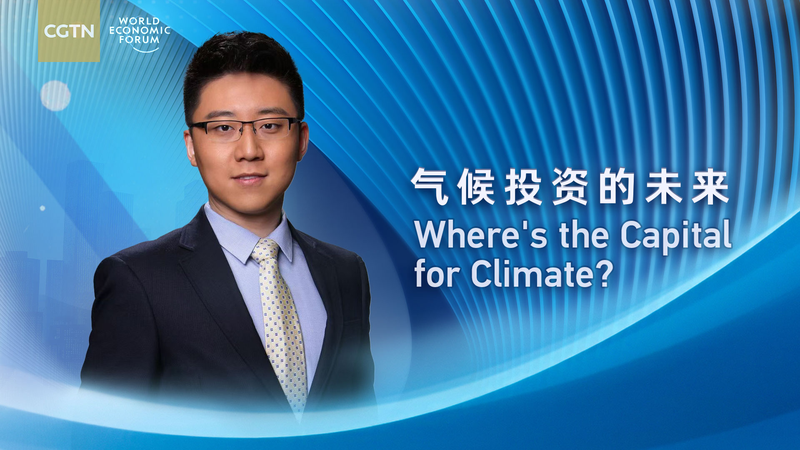
Climate Finance Gap: Can Public-Private Partnerships Bridge the Divide?
Experts at Summer Davos 2025 discuss strategies to bridge the $300B climate finance gap through public-private partnerships and global cooperation.
News & Insights Across Asia

Experts at Summer Davos 2025 discuss strategies to bridge the $300B climate finance gap through public-private partnerships and global cooperation.

A climate deal approved at COP29 has been criticized as ‘insufficient and inadequate’ by Asad Rehman, executive director of War on Want, who called the $300 billion pledge from wealthy nations ‘an insult.’

At COP29, developed nations pledged $300 billion to help developing countries combat climate change, far below last year’s commitment. China urges developed nations to fulfill their promises.
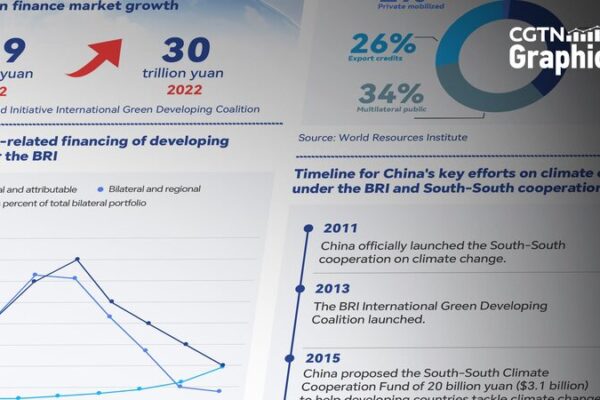
China has emerged as a key global provider of climate change funding, accounting for over one-third of global renewable energy capacity, highlighted at COP29 in Baku.
At COP29 in Baku, China urged adherence to ‘common but differentiated responsibilities’ as nations agreed on new financial goals to support developing countries in combating climate change.
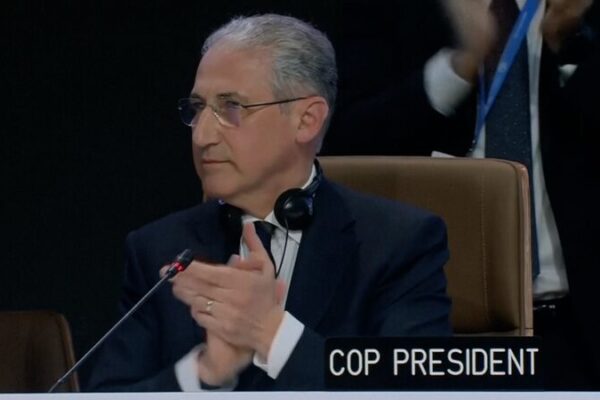
At COP29, developed countries agreed to contribute $300 billion annually by 2035 to help developing nations combat climate change, marking a significant step in global efforts to address environmental challenges.
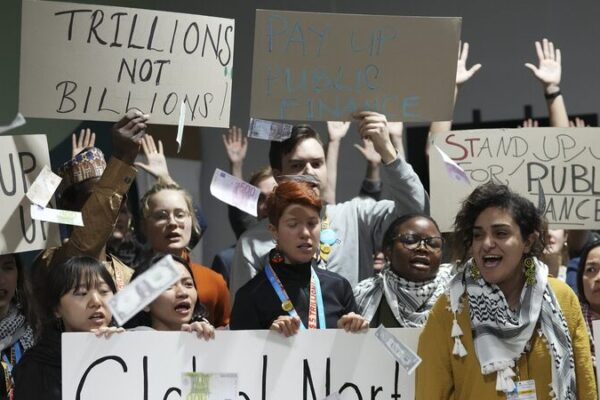
Developed nations at COP29 have pledged $300 billion annually by 2035 to aid developing countries in combating climate change, but the commitment falls short of the $1.3 trillion requested, leaving some disappointed.
COP29 in Baku faces extended negotiations as underwhelming financing goals stall climate talks. Delegates struggle to agree on critical funding needed to combat climate change.
COP29 in Baku highlights that financial commitments alone are insufficient to address climate crises. The conference emphasizes climate justice, the role of ecosystems, and the need for systemic solutions.

The COP29 climate summit extended into overtime as a $250 billion climate finance proposal faces criticism, with hopes for a final deal on carbon market rules.
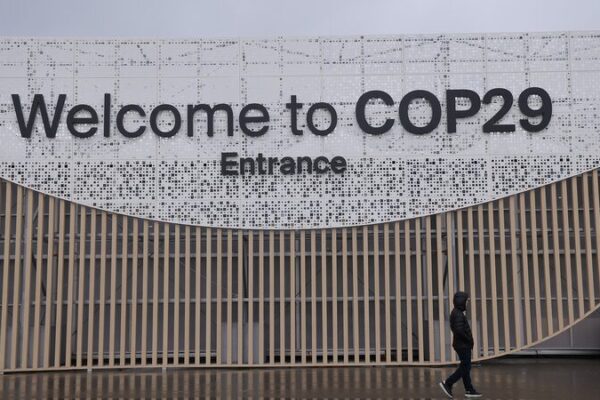
Nations in the Global South are bearing a disproportionate share of the climate burden while wealthier countries fall short on promises, as highlighted at COP29 in Baku.
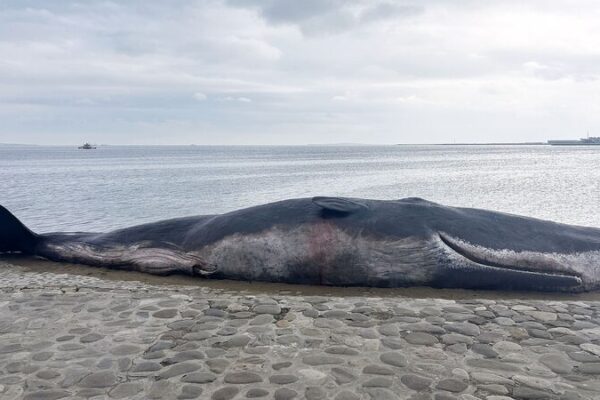
With the COP29 deadline looming, nations intensify negotiations to agree on new climate funding targets, striving for consensus to support global climate action post-2025.

At COP29 in Baku, the UAE reinforces its leadership in global climate action, emphasizing collaboration with China and advancing initiatives for a sustainable future.
A new draft deal at COP29 in Baku exposes a deep divide over climate financing, with rival options and unresolved key issues as negotiations near their end.
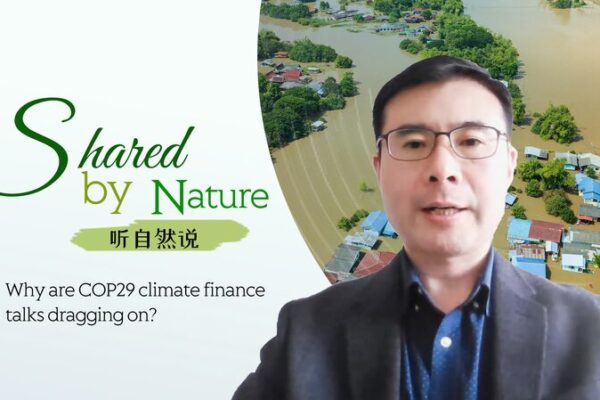
As COP29 nears its end, negotiations stall over setting new climate finance goals, with debates on funding amounts and contributor nations hindering progress.

At COP29 in Baku, world leaders are urged to invest in smallholder farmers’ climate resilience. The China-IFAD partnership highlights the importance of supporting small-scale farmers to combat climate change.
At COP29 in Baku, China emerged as a global leader in climate action, announcing ambitious renewable energy plans and reaffirming commitments to peak emissions by 2030 and carbon neutrality by 2060.
COP29 has commenced in Baku, focusing on climate finance to limit global warming to 1.5°C. Key initiatives include a new Climate Finance Action Fund and urging nations to enhance emission reduction commitments.
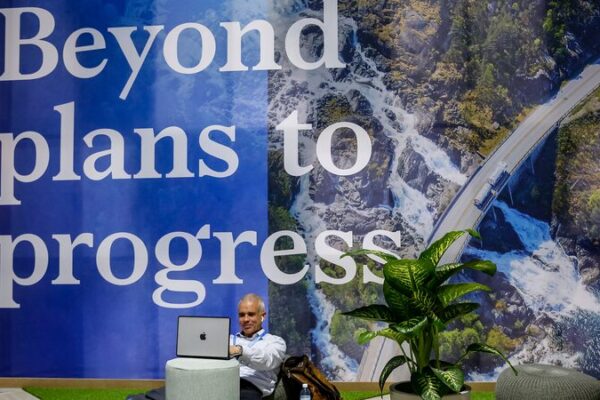
Nations at COP29 in Baku are facing a $1 trillion gap in climate finance negotiations, with developing countries calling for $1.3 trillion annually while developed nations offer significantly less.

Chinese youth delegates at COP29 are making their presence felt through cultural exchanges and a strong commitment to global climate action.